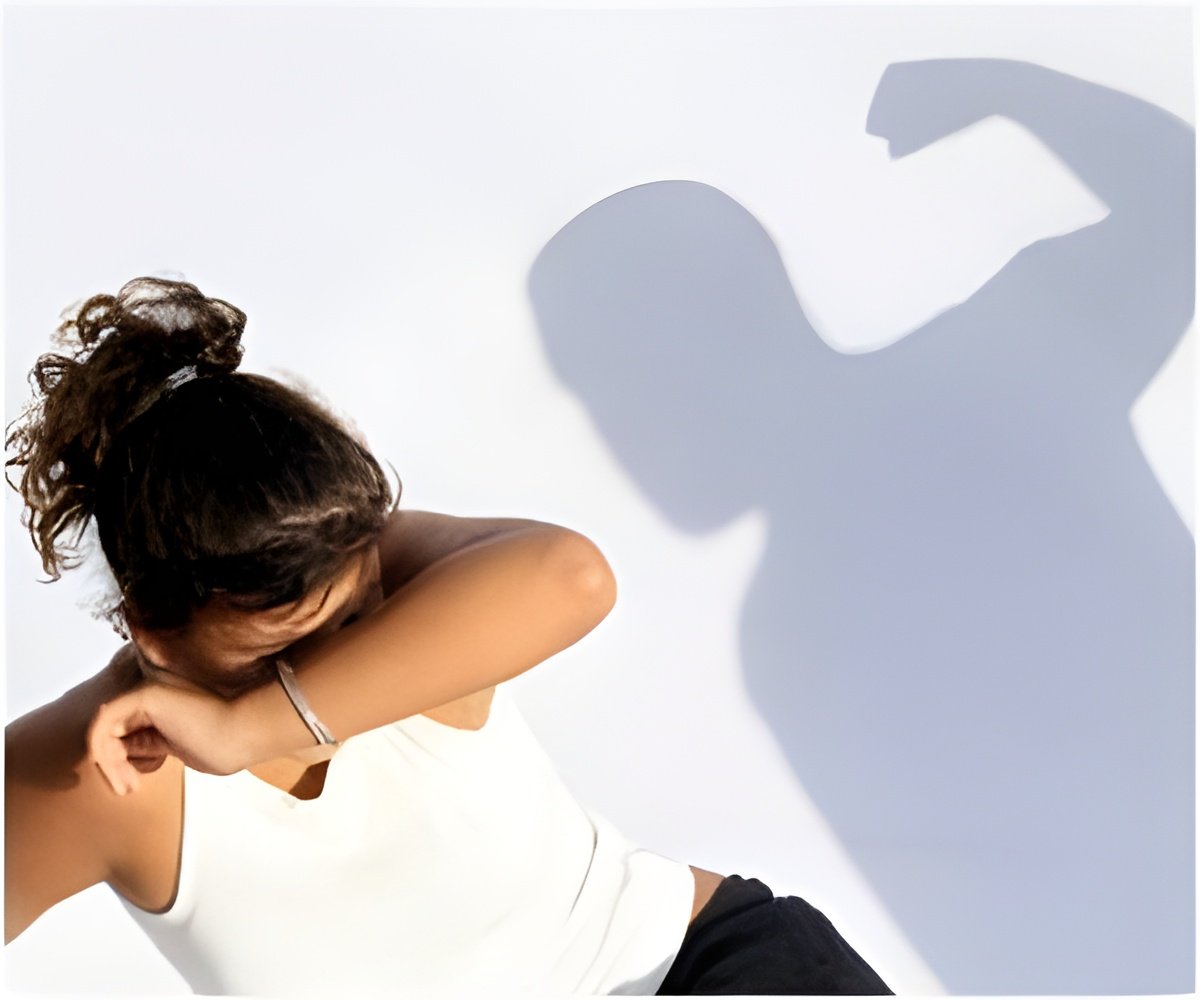
As the number of silent sufferers goes up, it becomes increasingly difficult to track the problem. "We come to know of the cases of domestic violence through surveys. This is because of the reluctance of the unfortunate lot to lodge complaints owing to the social stigma attached to it," says Gulshan Akhtar, Station House Officer (SHO), Women's Police Station, Rambagh, Srinagar, who also feels that a sizeable chunk of these women do not want to register their complaints to avoid legal hassles and other cumbersome procedures.
Talking to the woman who bears the cruelty of her lawfully wedded husband is almost like waking her up from a nightmare, forcing her to recall it and then leaving her to live that nightmare again, every day. Statements like "My husband asks me to bring dowry" and "Yesterday my husband slapped me for not bringing the dowry... I cannot hear properly as my ear drum has been damaged" come from women who, despite the torture, have survived. Yet, many are either killed or forced to commit suicide for similar reasons. Two such cases came to light earlier this year.
In February, a young woman, Sameera Bano (name changed) of Gupal Pura Chadora, Budgam District, was admitted to Shri Maharaja Hari Singh Hospital (SMHS), Srinagar with 70 per cent burn injuries. The parents of Sameera, who later succumbed to her injuries, allege that she was burnt by her in-laws. Similar was the fate of Ruksana Akhtar (name changed) of Kangan Ganderbal, North Kashmir, who received burn injuries under mysterious circumstances in March.
"From 2006 till date, of the 166 registered cases, challans were produced against the accused in 138 cases while 39 are under investigation. Most of the cases that we received were related to domestic violence or matrimonial disputes and through counselling, we were able to resolve around 650 cases of domestic violence and that too without registering any of them", informs Akhtar.
But cases are not just cases; they are a gleaming blot in a state already bathed in a history of violence and conflict. Abdul Rashid Hanjura, a renowned social activist and lawyer, feels that there is more to the problem than meet the eyes. "Human rights violations in Kashmir are in flagrant violation of the principles of international human rights and humanitarian law and no attention has been paid to the women who have been victims of such crimes," he says.
Advertisement
There has also been an exponential increase in suicide cases being registered; research reveals that in the last two decades of conflict, thousands have committed suicide and the number of women committing suicide is more than men.
Advertisement
In these years of turmoil, Kashmiri women have suffered the worst. They were dishonoured - raped or molested - and, in many cases, have suffered at the hands of society. Studies show that such women developed taboos owing to which they were even considered 'bad' by society. And if a woman does muster the courage to file a report, the police has, on occasion, simply refused to entertain her complaint and register her cases.
Of the few steps taken by the J and K State to curb the menace of crime against women, three women police stations (in Srinagar, Jammu, and Udhampur) have been set up so far and the department intends to set up such police stations in all the districts. This, according to officials, would provide greater access to the women to get their grievances registered and attended to for speedy action. Officials also hint towards amendments in certain laws saying that they have already written to the state government about it and are hopeful that something concrete will come up.
Today, women in Kashmir constitute 55 per cent of the patients visiting Kashmir's lone mental health hospital in Srinagar, with most suffering from Post Traumatic Stress Disorders (PTSD).
"And this is just the tip of the iceberg," says Dr. Mushtaq Margoob, renowned psychiatrist in the Valley. Margoob says even today, women are more prone to PTSD than men, thousands still hiding behind the walls of their houses, bound by shackles of illiteracy and social taboos associated with the mental health hospitals. As a result, they continue to suffer silently.
Social prejudices reinforce domestic violence against women. They are treated as their spouses' property.
The rustic mindset can be blamed for the atrocities a woman has to bear. The recent "Global Report Card on Adolescents 2012" shows that 57% of adolescent boys and 53% of adolescent girls in India think a husband is justified in hitting or beating his wife. They have seen their father assault their mother who in turn has accepted it as her fate and teaches her daughter the same.
The report is proof of our weak legislation against domestic violence. There is a dire need to amend the available laws and introduce new laws that will allow a woman to save her dignity.
The Charkha Development Communication Network feels that women's education and empowerment are key to this process of change, for it is the woman who needs to wake up and reject the notion that domestic violence is her fate; she is indeed the most beautiful creation of God!
Source-ANI









